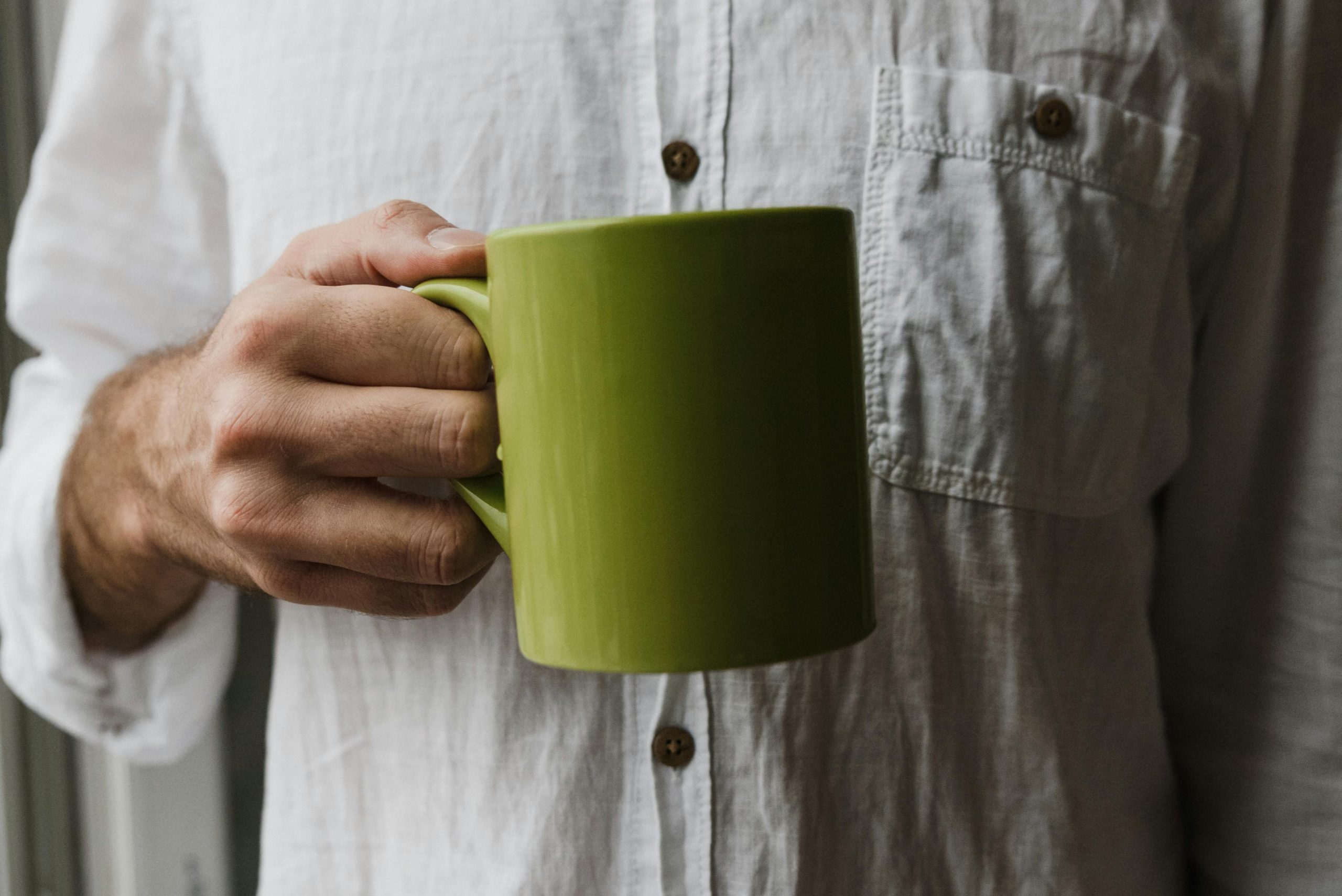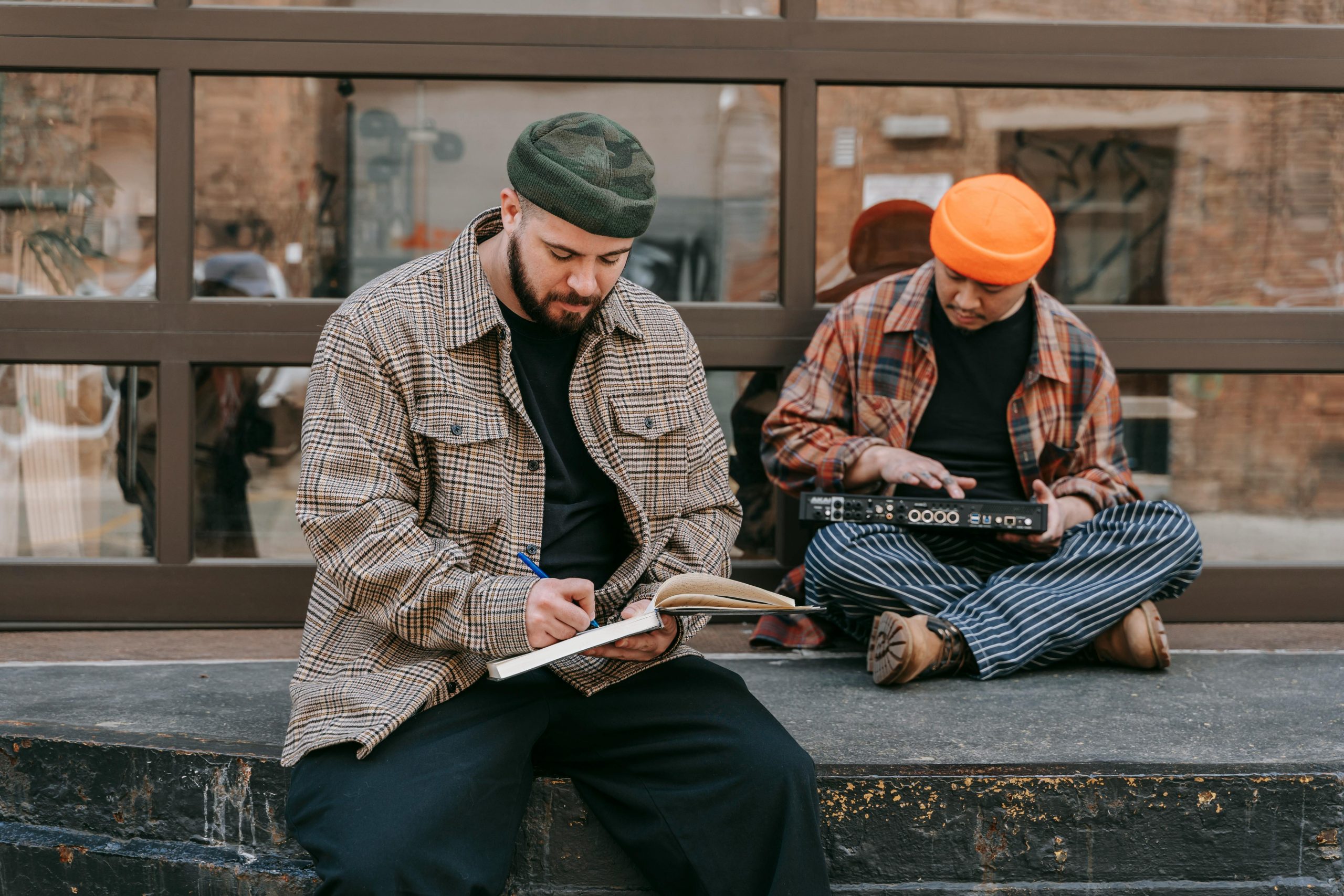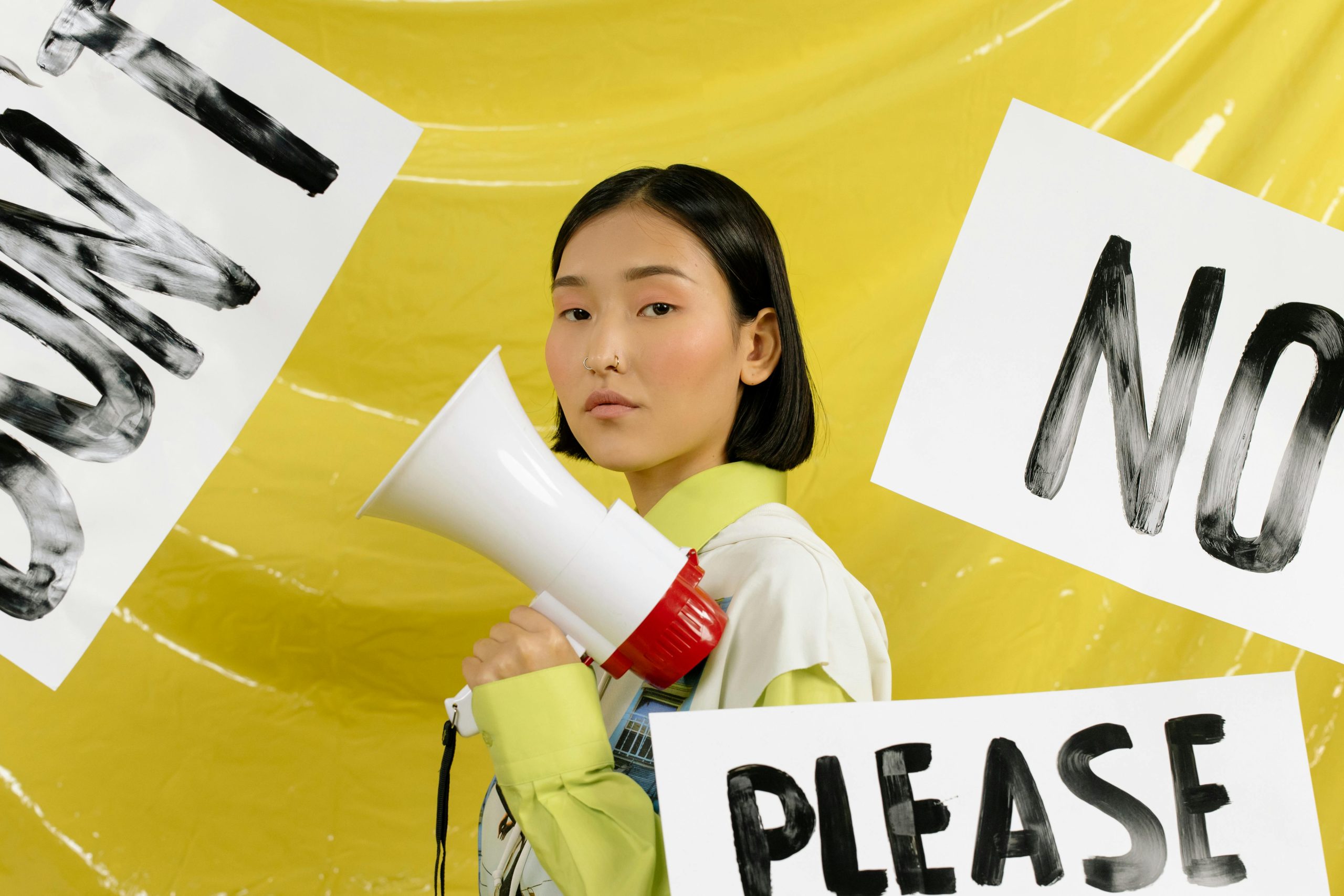The Future of Creativity: Disney and Universal’s Lawsuit Against Midjourney
In a significant development for the creative industries, entertainment powerhouses Disney and Universal have initiated legal action against the AI image generator, Midjourney. The companies have labeled the platform a “bottomless pit of plagiarism” in a lawsuit that raises pressing questions about the ethics of Artificial Intelligence and the boundaries of intellectual property.
According to the allegations, Midjourney has trained its AI model using the extensive creative works of both studios, subsequently generating and distributing countless variations of iconic characters, including the likes of Darth Vader, Elsa, and the Minions—without obtaining any form of permission. This situation highlights an increasingly complex dilemma in the digital age; as Artificial Intelligence becomes more integrated into creative processes, where do we draw the line between inspiration and infringement? (Source)
While the lawsuit is not entirely unexpected, it serves as a stark reminder of how rapidly the landscape of authorship is evolving. The advent of AI tools such as Midjourney challenges traditional notions of creativity and ownership, prompting vital discussions about our rights as creators in this new paradigm.
This lawsuit evokes broader reflections about the role of AI in our creative endeavors. As we leverage technological advancements, it raises critical inquiries: What aspects of our creative identities remain genuinely ours? When does utilizing AI shift from being a helpful resource to potentially undermining the very essence of originality and value we provide?
As we move forward, it is crucial for creators, technologists, and policymakers to engage in a dialogue about the implications of AI on artistic expression and what safeguards might be necessary to protect individual creativity in this rapidly transforming landscape.









Leave a Reply